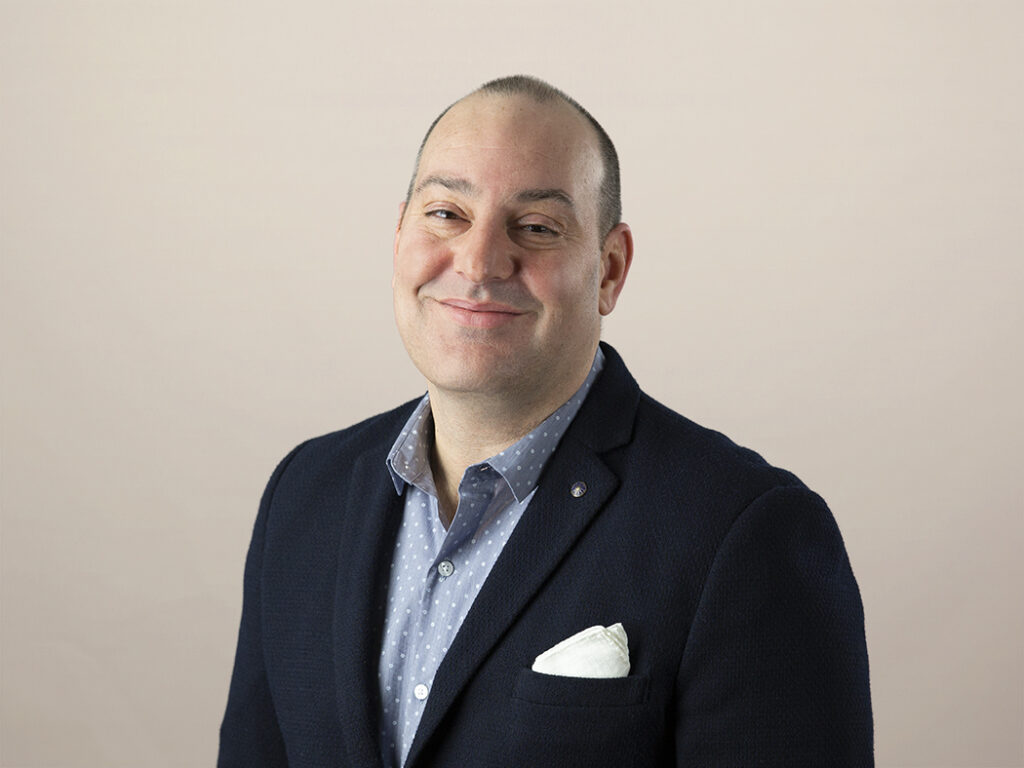Can Agencies Change Their Business Model Fast Enough?
Agencies Are No Longer The Exclusive Marketing And Business Partner For CMOs
CMOs bring agency work in-house and aggressively manage agency fees. Global consultancies like Accenture and Deloitte target CMOs and new business and technology stakeholders with experience agency services. The agency business model is under financial attack. P&G reported saving $1 billion in agency fees over the last four years. Unilever cut $400 million in agency-related expenses through its in-house studio system. Both claim deeper cuts are on the way. Media and production fees — the age-old foundation of agency revenues and profits — erode under price transparency, automation, and programmatic buying.
The big seven agency holding companies — Dentsu Aegis Network, Havas Group, Interpublic Group of Companies (IPG), MDC Partners, Publicis Groupe, Omnicom Group, and WPP — are responding with modified structures, new leadership, and consolidating service lines. But these changes are not coming fast enough or going far enough.
The Path Back To Partnership Requires A Brave New Business Model
Each holding company must embrace a brave new business model, one that puts clients at the center and accelerates the powerful combination of creative entrepreneurialism and brand execution. They must move quickly to:
- Build agile client teams that assemble and disassemble quickly to tackle tough problems.
- Add lines of service, including business and strategic consulting, data and technology, and precision marketing (see figure).
- Develop leaders with multidimensional skill sets that include business strategy, design, and technology acumen.
- Streamline financial reporting and compensation to motivate leaders to make decisions in clients’ best interests.
- Break down the many agency brands, sub-brands, bespoke client teams, or teams of individual agencies into a coherent brand structure that CMOs and marketers can easily understand.

Chief marketers must take immediate action, too. Agencies are only as good as their clients will allow them to be. They can’t embrace a brave new business model if you can’t make brave decisions. In order for the agencies to transform as quickly as you need them to, and for you not to be sidelined as the executive just creating campaigns, you must:
- End category exclusivity. Exclusives deny you access to the best agency talent and rob the agency of the ability to build expertise in verticals and categories.
- Break down the corporate silos that align clients and agencies to different, sometimes conflicting, budgets, decision makers, and agendas.
- Compensate agencies for ideas and execution. Cost-cutting creativity prevents you from accessing the best and brightest talent, tools, innovation, ideas, and execution.
As part of our CMO and agency coverage at Forrester, Ted Schadler, Keith Johnston, and I interviewed 50 chief marketers and agency executives for our new report, “Agency Holding Companies Need A Brave New Business Model.” In the report, we describe how agencies can adopt a new business model, how CMOs must change to better manage agencies, and what the seven largest holding companies — Dentsu Aegis Network, Havas Group, Interpublic Group of Companies (IPG), MDC Partners, Publicis Groupe, Omnicom Group, and WPP — must do to to quickly adapt for change.
